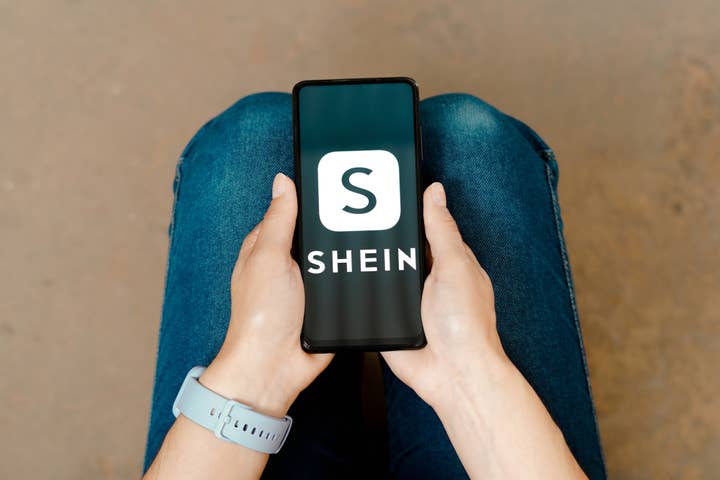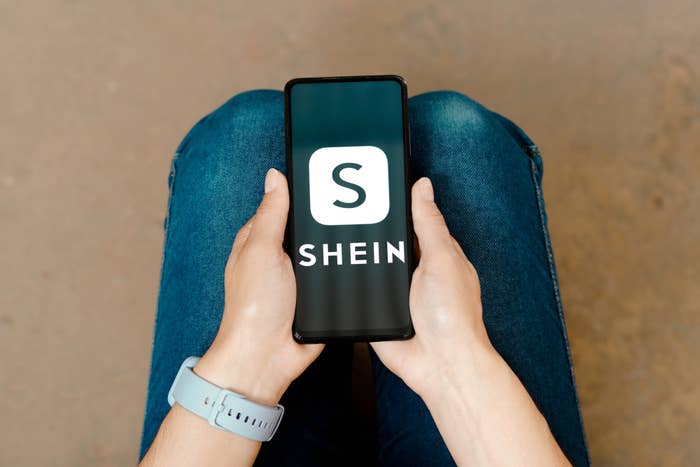
Last week, fast fashion retailer Shein was named in a RICO (Racketeer Influenced and Corrupt Organizations Act) lawsuit. Yes, the company selling tweens and young adults cheap clothing is being hit with the same type of lawsuit that the government uses to take down organized criminal enterprises.
Following the news, many people had the same question: How can a clothing brand be hit with a RICO suit?
In the lawsuit filed, designers Krista Perry, Larissa Martinez, and Jay Baron accuse Shein of "produc[ing], distribut[ing], and selling exact copies of their creative works.” The RICO case comes into play because the plaintiffs allege that these infringements are made by a “de-facto association of entities” that are umbrellaed under Shein. The suit alleges that Shein, “knowingly committed criminal copyright infringement, [and] played its role with full knowledge of the overarching criminal copyright infringement it participates in.”
To make more sense of the news, we reached out to Fordham Fashion Law Institute founder and director Susan Scafidi.
“Fast fashion companies are trying to follow trends. But sometimes instead of just identifying trends and giving them their own spin, they create copies of protected designs using less expensive techniques,” says Scafidi. “In other words, they're not just happening to copy in the process of following trends and paying attention to what consumers are buying. They are deliberately and systematically and willfully copying in a way that indicates that they're more of a criminal enterprise than simply a fashion company.”
Copying designs from smaller creatives is nothing new, especially in the fast fashion space. In most cases, these companies are caught copying designs and then settle with the original creator after the fact by paying them a certain sum of money. It may be unethical, but it largely stays under the radar. Shein differs because, while it continues to copy these creators, it is not settling with them once it is caught.
“The RICO claim grows out of the pretty widely acknowledged truth that it's built into the business practice of fast fashion to engage in a degree of copying that is moving so fast, and with so little oversight, that it is sometimes infringing copyrights,” says Scafidi.
Scafidi also points out that this filing against Shein could be a precursor of similar issues we can expect to arise with the growing use of artificial intelligence. While Shein is not using AI systems that are learning and adapting with every piece of information collected, they do use an algorithm to help identify trends in the marketplace. The problem that arises is how to prove in a court of law that these instances of copying smaller designers are willful acts.
“There's no human mind making the choices. So how do you convince a court or even a jury that this is willful activity as opposed to careless or sloppy activity?” says Scafidi. “It's a preview of what we expect to see with artificial intelligence. If machine learning is doing the thinking, how do you convict the owner of willfulness?”
While Scafidi says that the lawsuit filed against Shein ultimately may never make it to trial, it still holds significance as yet another blow to its reputation.
“This is a trial in the court of public opinion before it is a trial in court. And it may never be a trial in court,” says Scafidi.
Check out our full conversation with Scafidi breaking down the RICO lawsuit against Shein, below.

I've never heard of a RICO case in this context. Can you explain how something like this could have gotten escalated to a RICO case, and how that can even apply to a brand like Shein?
In a RICO, the O is for “organized,” right? The RICO is about organized crime. It is about criminal enterprises. It was created so that you could identify criminal organizations and take them down, often by using trivial things like tax evasion or mail fraud, trivial in the sense of they're not murder and mayhem. So rather than get the criminal organizations on violent crime or on massive economic fraud, you can get them on smaller types of crimes that when aggregated show the pattern of a criminal enterprise. Organized crime can also be serial copyright infringement due to an amendment to the statute. When that was put in place, they were really thinking about music and movies and online downloads.
Moving that into the fast fashion context requires a bit of a stretch in the sense that Shein and its first-gen fast fashion predecessors like Forever 21 are not primarily engaged in counterfeiting or copying. Copyright infringement can be a vague copy of a trademark, or it can be a copy of something that is copyrighted. Counterfeiting is when we're creating substantially identical copies of trademarks on similar goods. So how is that potentially a criminal enterprise? With the first generation of fast fashion companies, there's been a tendency to ask forgiveness, not permission, when copying work a little bit too closely. Fast fashion companies are trying to follow trends. But sometimes instead of just identifying trends and giving them their own spin, they just create copies of protected designs using less expensive techniques.
In other words, they're not just happening to copy in the process of following trends and paying attention to what consumers are buying. They are deliberately and systematically and willfully copying in a way that indicates that they're more of a criminal enterprise than simply a fashion company.
So the volume in which Shein is copying has a lot to do with it? If it was less common, could they theoretically skate by this type of charge?
Exactly. It's a couple of things. It's the volume, it's the difficulty in getting them to actually pay up when they have copied, and it's the refusal to change their practices overall. They have an algorithm that identifies proper designs and copies them. But they haven't tweaked that algorithm to filter out exact copies. The argument is that if you have such a sophisticated algorithm that you can so quickly identify trends almost before they've even happened, then surely you can tweak your algorithm to correct the copying. You can set up a system to allow individuals who believe they have been copied to notify you. So you have a notice and takedown system, and a system of compensation. Shein has done none of that. So the argument is there is no indication that they’re willing to actually work with creators in that way.
This is not unlike the actions by Tiffany against eBay back in the early 2000s.
Part of it is just that [Shein] has a large volume of legitimate sales. And that's one of the weaknesses of the RICO claim; they're looking at volume in absolute numbers. We don't have any sense of what percentage of this product is actually accused of being illegitimate in some way. This case is about a handful of alleged infringements, and they've thrown in other things that Shein is accused of, like forced labor and using a loophole to evade tariffs, which has nothing to do with the IP claims, but is part of the story that Shein is a bad actor. There's a lot of complaints about the character or the ethics of the company. And there's even a little bit of nationalism thrown into the complaint. “Shein is a bad Chinese company.”
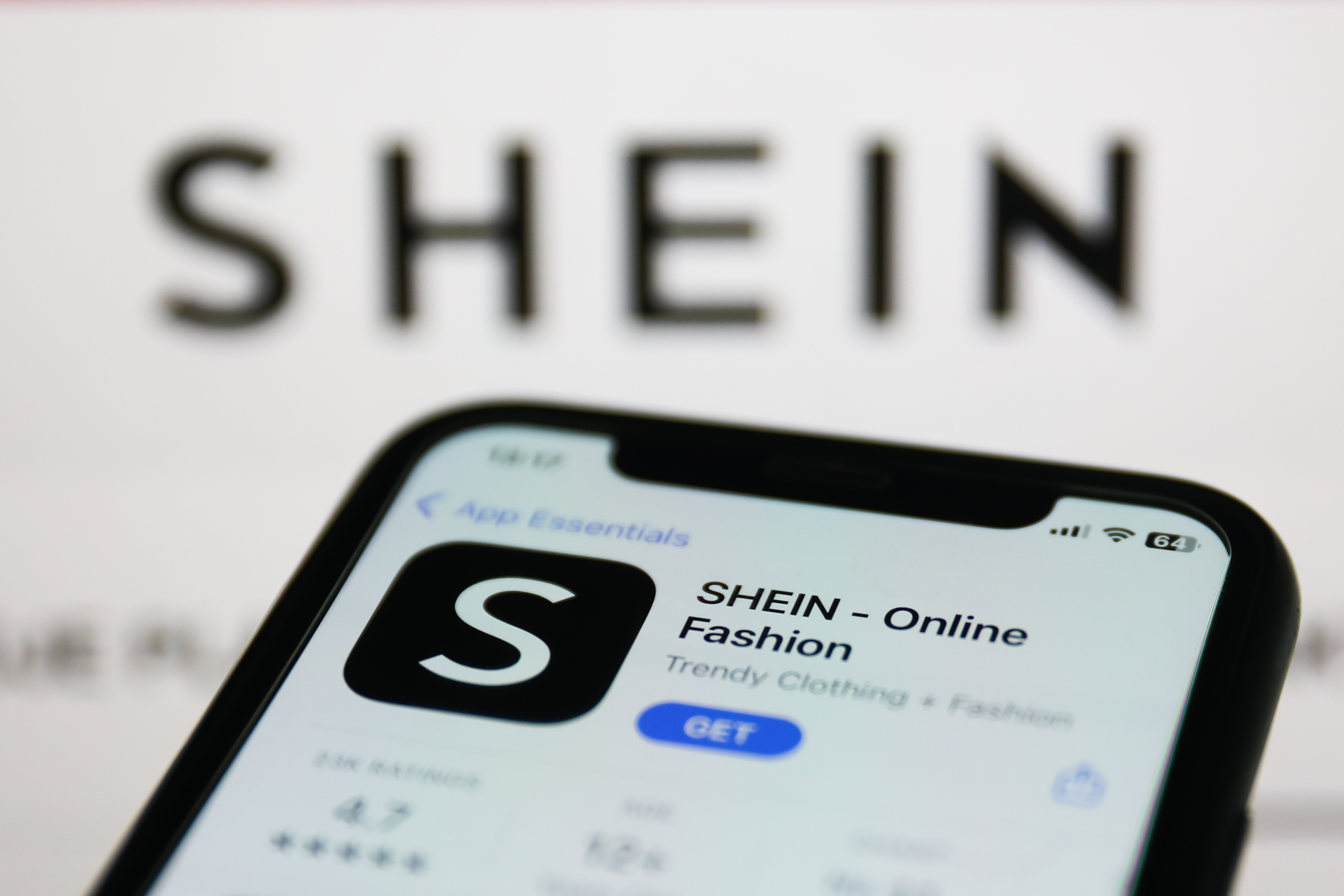
Has a RICO charge happened before in fashion?
I can't say absolutely it’s never happened before. But I don't recall seeing it.
This isn't the first time and won't be the last time a fashion brand faces accusations of copying. Do you feel, depending on how this goes, it could set a precedent, and we'll see more RICO filings against these brands?
Shein already has a copycat, Temu. And so I think as we see the growth of the new generation of fast fashion companies, we'll see a couple of things. We may see more similar actions against fast fashion companies or copying in other industries. We could see more of that happening. What we saw with the first generation of fast fashion companies is some evolved to try to embrace greater legitimacy. H&M partnered with designers to create capsule collections and to raise their profile. They also did some very highly publicized work in sustainable fashion to address the other accusation that they are burning the Earth by creating so much disposable fashion. So companies in the first fast fashion generation have found a way to legitimize themselves. Shein and many others may move in that direction.
I don't know that we'll see this RICO claim come to trial. But one of the things noted, even in the complaint, is that Congress has taken a look at this. They're concerned about data protection and data breaches. They're concerned about the evasion of the labor laws. They're concerned about excessive use of tariff loopholes. And so it may be that a complaint like this will not be a big win at trial, but will cause Shein to adapt because of all of the regulatory oversight. This complaint may be a catalyst for changing the behavior of a company that, to this point, has barreled forward almost unchecked and has been accused of a lot of terrible things in the process. But somehow the consumer doesn't seem to care.
Legally speaking, can the forced labor issues and tax loopholes get roped into this case to make a stronger case against Shein? Or do those things have to be looked at separately?
These plaintiffs are not bringing in those claims, and I don't think they'd have standing to do so. They’re mentioned to create a portrait of a bad actor. There's a line of jurisprudence that dates back to the early 20th century called legal realism. The simplest caricature of it is you can figure out who's going to win the case based on what the judge ate for breakfast. It's the discretion of the court, or the personal impression of the jury. If you can paint the picture that Shein is a really big, bad Chinese company that is fleecing American consumers and exploiting slaves to pick cotton, is engaged in unsustainable practices, and is cheating on its taxes, although the judge will make an effort to be neutral, there's a sense that maybe we'll be a little harder on them because they’re the bad guys.
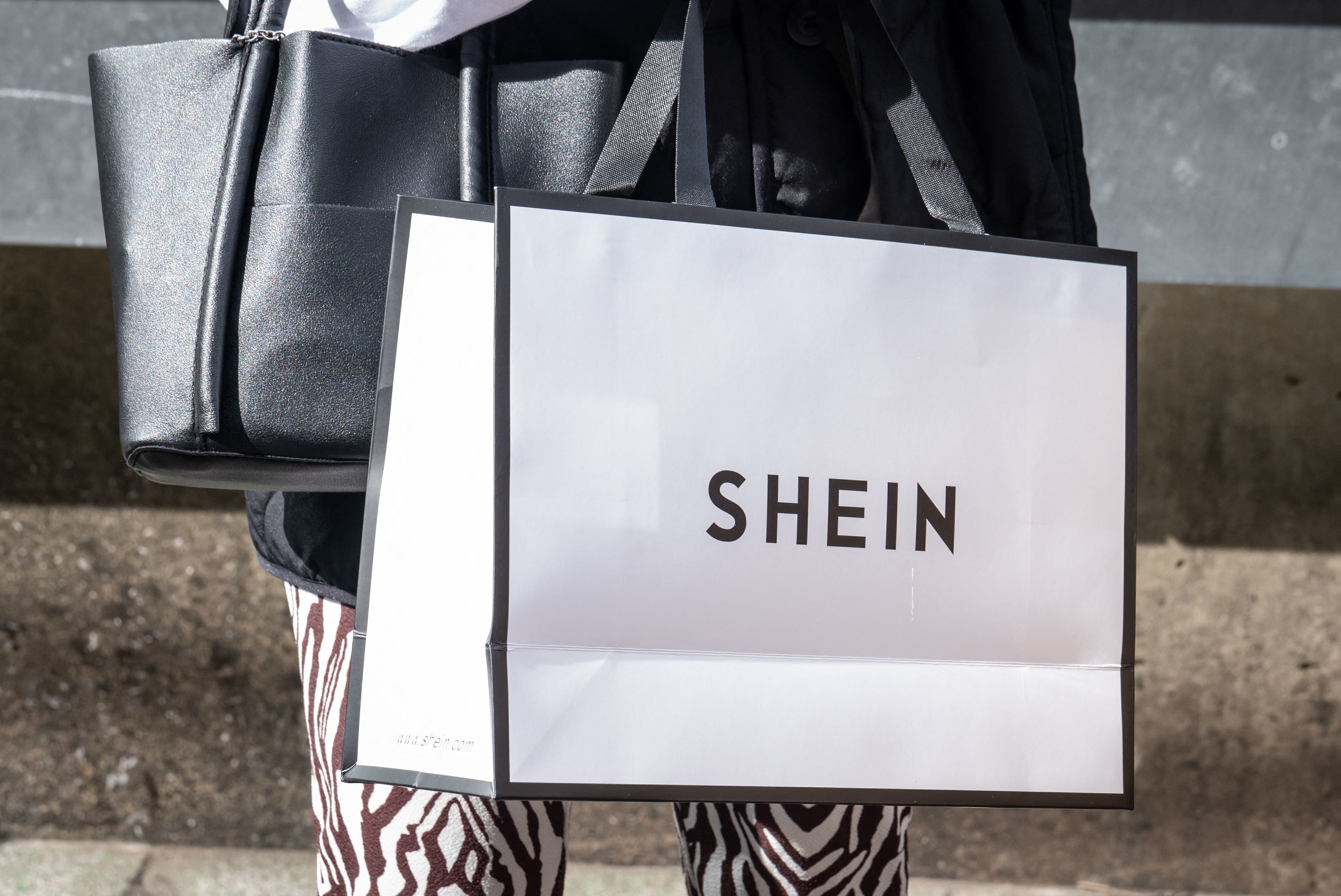
If this continues to move forward in trial, who ultimately would be charged at Shein? Is it the founder of the company? Is it multiple individuals? Is that clear based on the filing?
This is brought against the company. The founder is mentioned as a shadowy character. So again, playing on the reputational question, is this a good company or a bad company? But it is the company that is being charged, the entity.
What would the penalty potentially be for this if it moves forward into trial?
This is a civil case. So we're talking about monetary damages.
The way the complaint is written, I think that the plaintiffs would love for the Justice Department to take notice and bring its own investigation and actions. I think that noting that there's been a congressional issue brief about Shein is part of trying to flag the issue and get others to help do some of the work. But this is really about money at this point.
Is there anything that can happen to escalate it past a monetary issue? Or is that totally different?
That would be separate. That's not where they are at with this.
Is there any chance that influencers promoting this brand or people like that can be roped into this case?
They would have to be knowingly contributing to these criminal activities. And so that would be very unlikely. But this is a reputational battle as well as a legal battle. And it's going back and forth.
From what you’ve seen in the filing, do you believe this will move forward? Is there a strong RICO case against Shein?
It's a long shot. The plaintiffs are swinging for the fences, but the greatest home run hitters also have a very high strikeout percentage. This is a big, big attempt. Go big or go home. I think it's going to be tough. I think that the more likely outcome of this case is a settlement and some additional pressure on Shein that will maybe slow it down.
Is there a lawsuit that could have been filed against Shein on a smaller scale than a RICO case that would have had a more likely chance of going to trial?
There [are] lawsuits like that filed every day. A single copyright claim. A single trademark claim. Much of the ecosystem between creative designers and fast fashion companies is cease and desist letters and settlements. Much of it never sees the light of day. The smaller designers catch the copying. The copyist pays up. What this complaint says is that Shein is refusing to play that game anymore. It has decided it’s going to copy and not pay up. And that’s not OK. So a lot of this exists already as a low-level hum. With this case, the plaintiffs have drawn a line in the sand. Had they had an easy path to financial settlements, they probably would have never filed a complaint in court. Shein has been so difficult that someone took a stand. These plaintiffs are David standing before Goliath trying to stop this. It’s why every company in the industry is watching this. But they also don’t expect to see a public resolution of this.
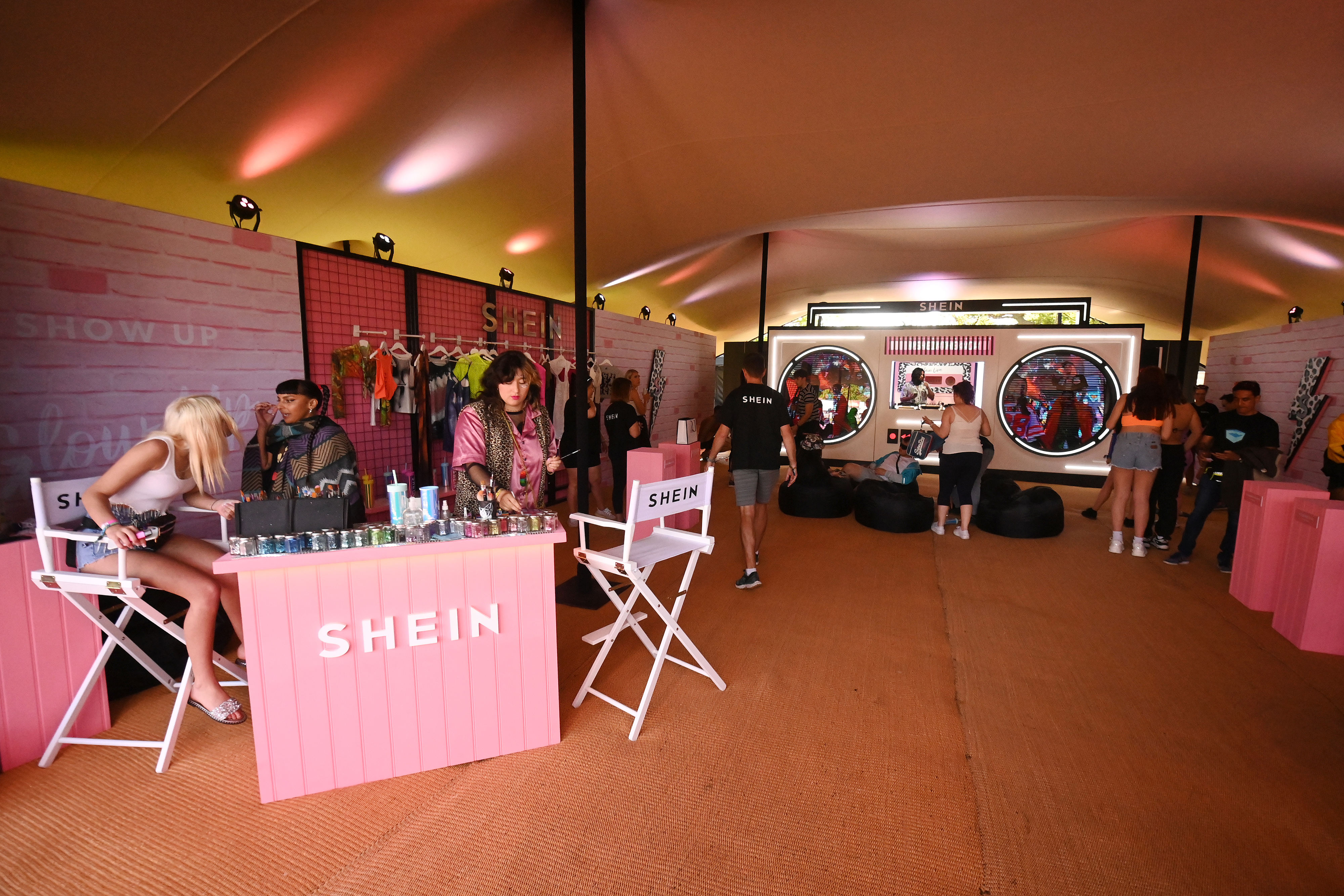
What types of settlements could we potentially see?
The one number thrown out in the complaint that I remember was that the plaintiffs were offered a few hundred dollars as a settlement and were appalled and offended. What the plaintiffs will likely be looking for, while they would love to see millions of dollars, is tens of hundreds of thousands of dollars. They would love to see numbers that would make Shein think twice rather than just treating this like a business expense, but I don’t know that they’ll necessarily get it. If Shein does end up throwing large sums of money at these plaintiffs as settlements, they would not want the numbers known because that becomes the baseline for any plaintiff going forward. If Shein wants this to become yesterday’s news, they’ll throw some money at it, but we’ll never know how much.
It’s more of a hit to Shein’s reputation than anything.
Exactly. This is a trial in the court of public opinion before it is a trial in court. And it may never be a trial in court. But we may finally have a win in the court of public opinion because it seems like no other accusations thus far have stuck to Shein.
So this probably won’t destroy Shein?
If I had to bet, I’d say Shein will be around long after this. This case will be a footnote. That being said, they do need to take it seriously. Reputation is important in the online community. If every girl aged 14 to 22 decides to cancel Shein, that’s a problem. If the influencers showing off their Shein hauls decide they don’t want to be associated with the company any longer, that’s a problem. Shein shouldn’t have let it get to this point. Now they have to deal with it not only from a legal perspective but from a reputation perspective.

